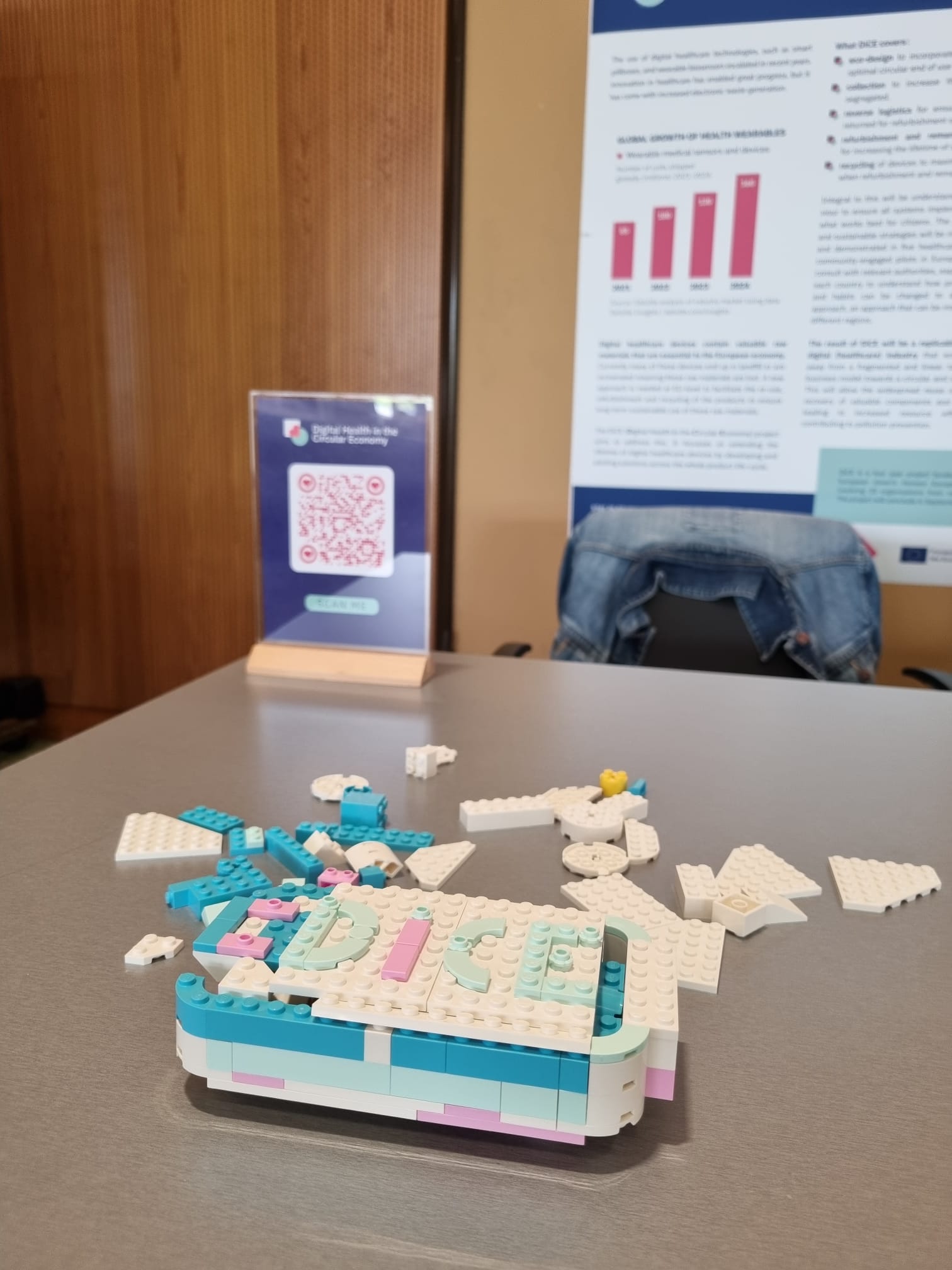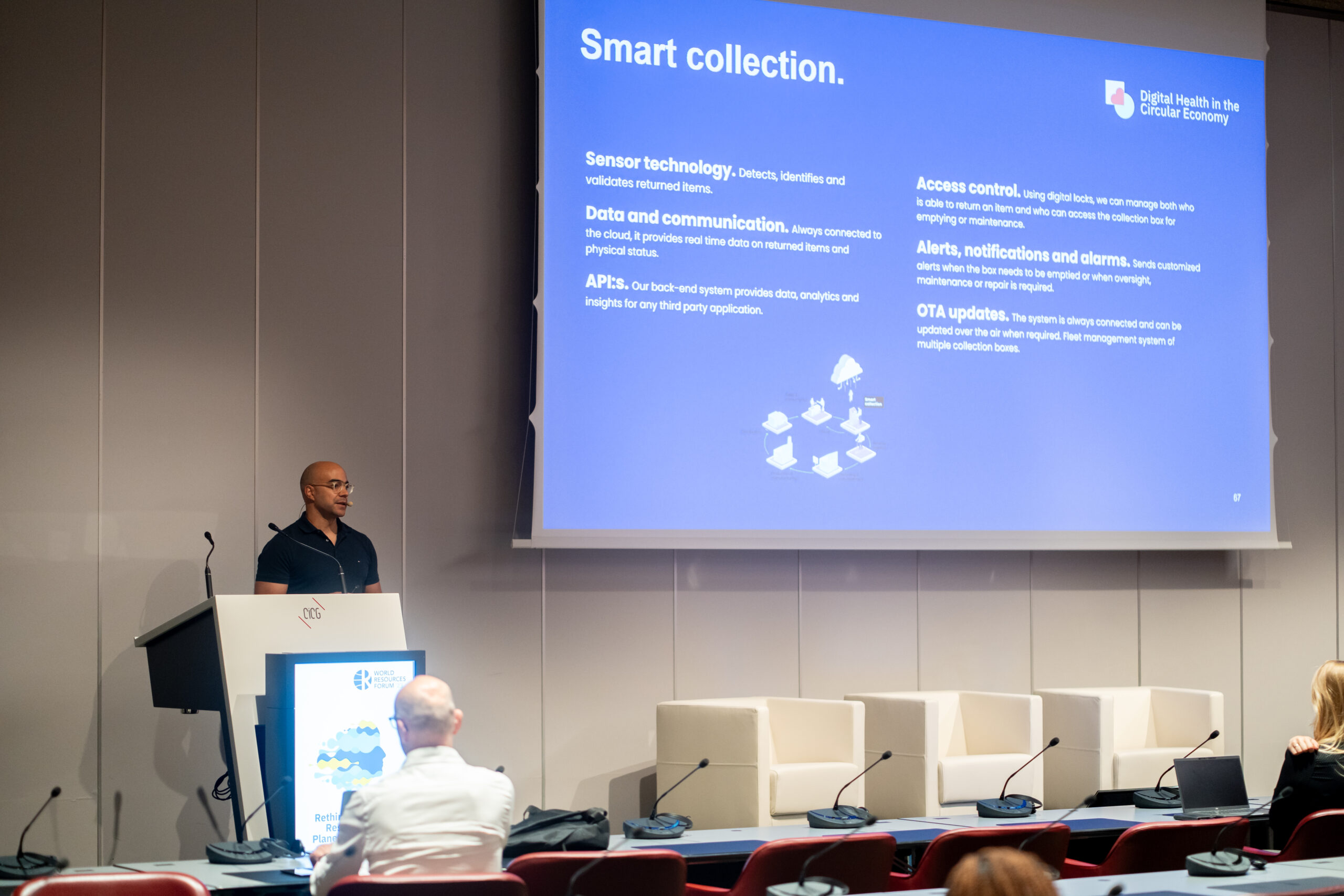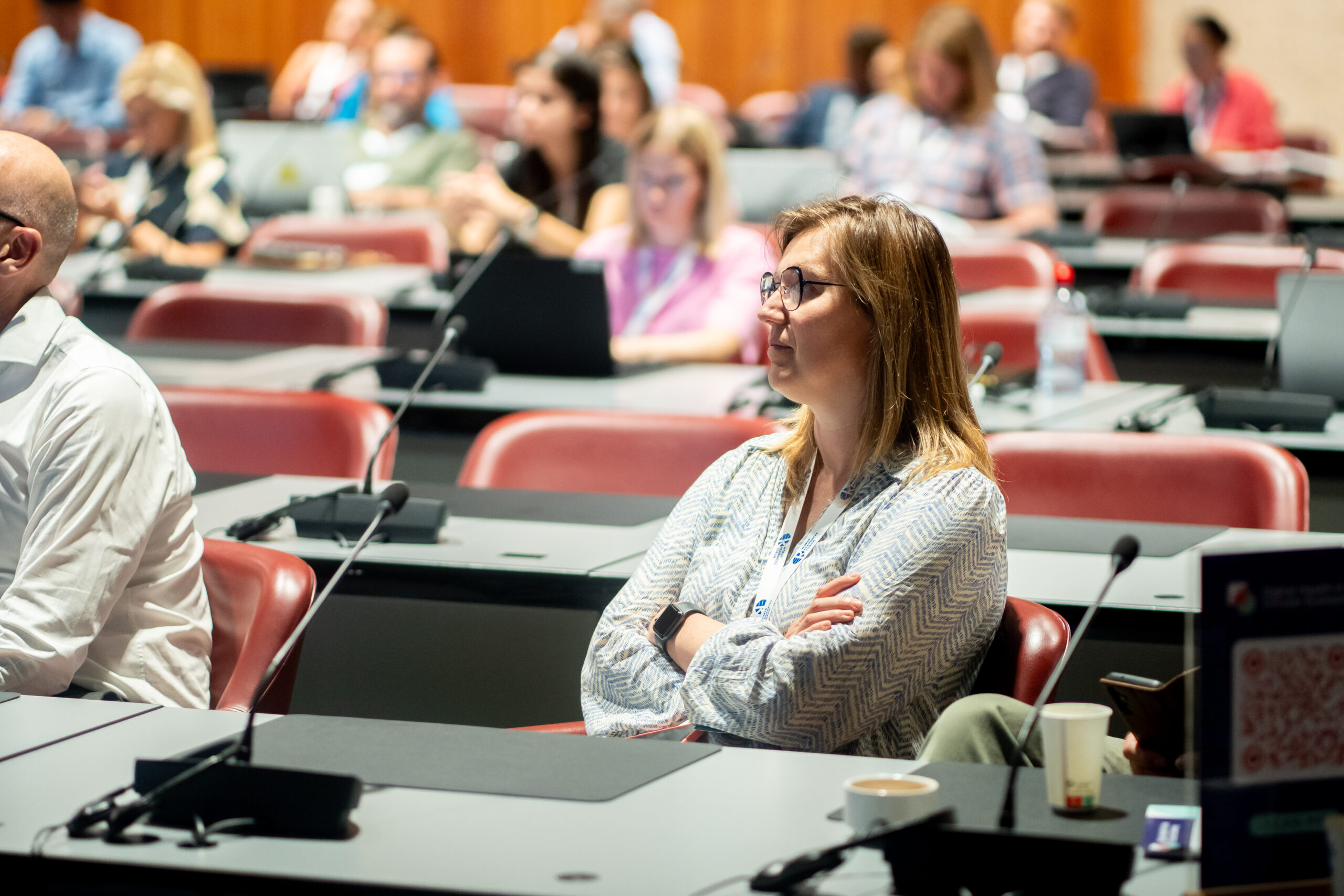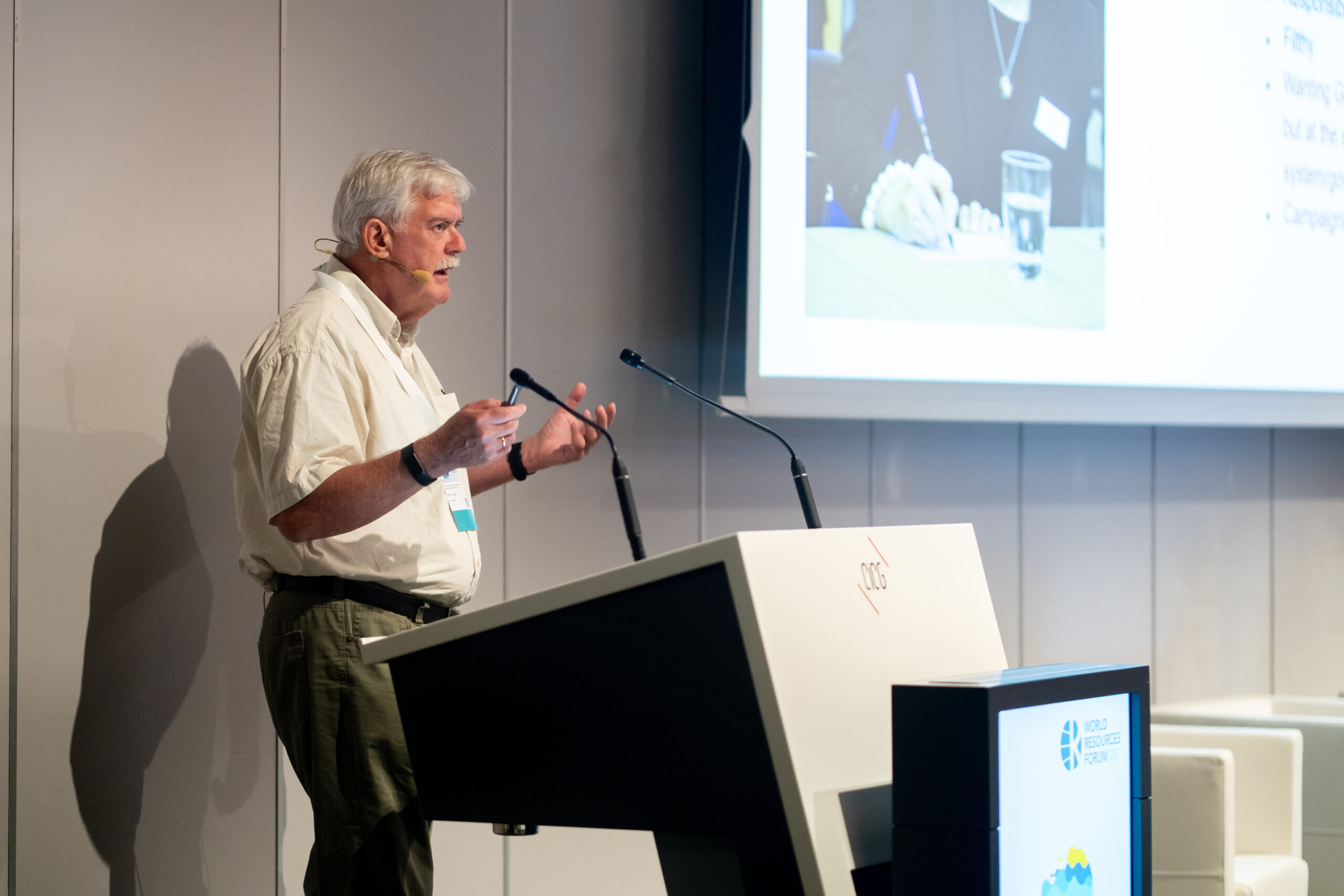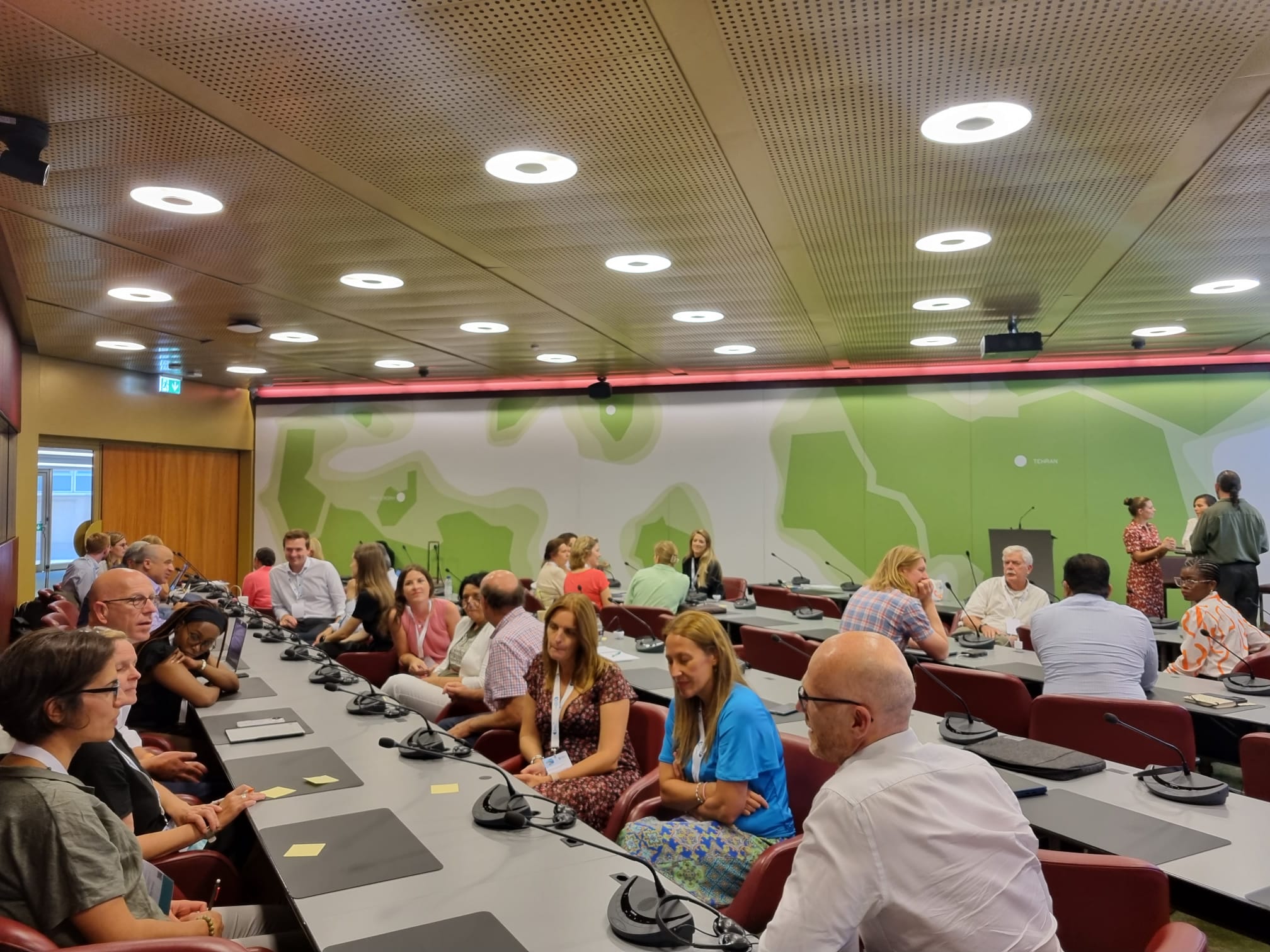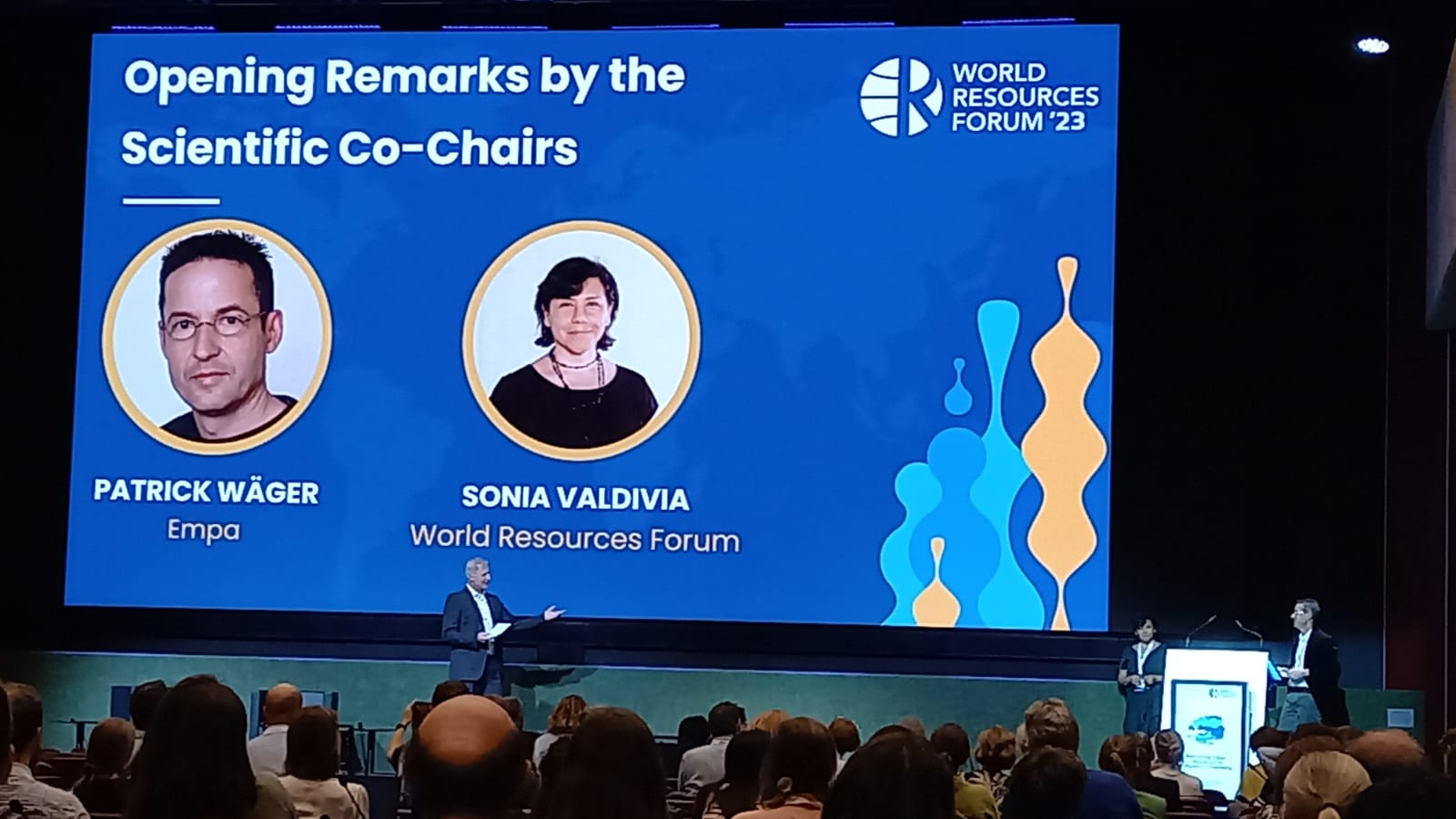Brought to you by Sascha Vermeylen from LiCalab
Numerous innovations fail simply because the product or service does not respond to the needs of its users. To overcome this challenge, an increasing number of companies and organisations seek to involve end users and relevant stakeholders in their development processes more and more.
System changes and the circularity of product development are no different. Involving relevant partners in (re)developing product chains is crucial for achieving a meaningful solution. However, the challenge escalates notably in the healthcare domain as this sector presents additional hurdles such as country-specific regulations and third-party payer insurance systems. What is more, it embodies a social issue where both public and private resources converge.
More about Living Labs

Living Labs have been recognised as an innovation instrument in European policy for a number of years. An official recognition came with the establishment of ENoLL (European Network of Living Labs) under the Finnish Presidency of the European Union in 2006. Since then, Living Labs have become pillars of the European Research, Development & Innovation system.
“As scientific and technological advancements are taking center stage, the integration of Social Sciences and Humanities in R&I programmes have the power to ensure that these advancements are put at the service of the well-being of individuals and communities, align with societal goals and are widely distributed – leaving no one behind.”
Integration of Social Sciences and Humanities in Horizon 2020
Living Labs are the perfect partners to bring stakeholders together at local and international level for open discussions on various topics. Which is why there are three Living Labs are involved in the DiCE project from across Europe covering every participating pilot country: LiCalab – Living & Care lab (Belgium), INTRAS – Mindlab (Spain) and ORbITaLA (Slovenia). While closely collaborating with regional end-users and stakeholders in all stages, Living Labs organise sustain-a-thons (hackathons focusing on sustainability practices), design sprints, and co-creation sessions provides invaluable insights into the essential next steps required to achieve a fully circular system. In a subsequent phase, we will conduct pilot tests with citizens to evaluate the complete circular system under real-life conditions.
We asked our stakeholders

Curious to know more of the reason stakeholders joined our sustain-a-thons and design sprints, we asked a few of our participants to explain why they felt motivated to participate in these co-creation sessions:
Lore Mariën, Policy Officer at OVAM (Public Waste Agency of Flanders)
My name is Lore Mariën, and I’ve been working as a Policy Officer at OVAM (Public Waste Agency of Flanders) for over 20 years. We are making progress in various areas by increasing sorting efforts, reducing incineration, implementing landfill bans, and more. Ecodesign is crucial in this effort. If we consider waste management during product design, it can facilitate proper recycling and even enable repair and reuse.
Unfortunately, this approach hasn’t gained traction in the medical sector yet, where the use of single-use, disposable materials like gloves and packaging has increased significantly, largely due to infection risk concerns. Consequently, much of this waste ends up in incineration, squandering valuable resources.
To address this issue, collaboration is essential across all sectors, involving everyone from product designers to waste processors. The sustain-a-thon was a particularly impactful exercise as it brought together stakeholders to share ideas, identify areas for improvement, and envision the future. Through active collaboration, we gain a deeper understanding of diverse perspectives, shedding preconceptions and biases, which ultimately facilitates collective action amidst complexity.
Karl Hanegreefs, Head of Service ICT and BioTechnology at Regional Hospital Geel
My name is Karl Hanegreefs, and I’ve been working for Hospital Geel since September 1991, and serving as the Head of ICT and BioTechnology for approximately five years now. In 2023, I was invited by LiCalab to participate in a sustain-a-thon, which aligned perfectly with the hospital’s vision for a sustainable future and my personal goal of addressing the sustainability challenges within the medical field. The aim was to make a difference not only for our current generation but also for future ones. This opportunity presented an exciting challenge, uniting innovation, collaboration, and environmental consciousness with like-minded individuals and organisations.
During the event, we collaborated on sustainable solutions to reduce the carbon footprint of certain medical devices. Through creative thinking and pooling the expertise and experiences of diverse participants, we generated impactful ideas. The event was later repeated with employees from Hospital Geel, yielding additional proposals and insights. Working alongside Sascha and the LiCalab team was a profoundly enriching learning experience, fostering knowledge sharing, idea exchange, and mutual inspiration. It underscored the realization that there is still much progress to be made toward a more ecologically responsible world.
Karin Verhaegen, Commercial Employee of MIVAS
My name is Karin Verhaegen, and I am a Commercial Employee at MIVAS, a customisation company and socio-economic enterprise that offers adapted employment to persons with a labour restriction. At MIVAS, we prioritise sustainability alongside our core mission of providing meaningful employment opportunities for our people. Recognising the potential in healthcare, we eagerly participated in the sustain-a-thon. As a socio-economic enterprise, we understand our responsibility to extend the lifespan of products and materials within the economy.
Originally, MIVAS has operated as a co-packer, emphasising economic and social balance. However, driven by a sustainable vision, we are transitioning toward a circular business model to create sustainable jobs for employees with barriers to traditional employment, contributing valuable services to society. Collaborations between healthcare institutions and customisation companies like ours offer myriad opportunities, freeing up time for care staff and fostering new business models.
For instance, by sorting and cleaning medical materials, we extend the lifespan of single-use products (SUP) in healthcare, thus promoting circularity while enhancing the quality-of-care provision. At MIVAS, we pride ourselves on innovative thinking, always seeking unconventional solutions to support sustainability in healthcare.
Marc De Wit, Advisory Council of Seniors
My name is Marc De Wit, and I am a member of the Advisory Council of Seniors. In September 2023, we were contacted by LiCalab with a request to find candidates, seniors, to participate in a project called DiCE. The aim of this project is to make the healthcare sector more sustainable, focusing primarily on recovering valuable resources and waste collection. We eventually found several candidates willing to participate, and on November 8, 2023, the co-creation session took place.
There were enough participants to form two groups, and under expert guidance, the session proceeded very smoothly, with a deliberate exploration of the reasons and locations for collecting electronic healthcare materials. Using cards, a folder, and options to choose from, the group of candidates was surveyed to gather their opinions. Towards the end, the example of the digital bus for electronic waste collection was discussed. Opinions on this varied, but it provided the facilitators with some insight into the participants’ perspectives. The session was perceived as professional and engaging, and all participants left with positive feelings.
Furthermore, I was personally contacted to participate in a pillbox test. Starting with an interview to gather personal opinions, the test was very straightforward, yet I believe it was possible to draw clear conclusions.
The reason why I participated in the project is primarily due to the awareness of the need for recycling and the search for sustainable resources, which we may face shortages of in the future. Personally, I prefer to sort materials in advance before taking them to the recycling center. Additionnally, I felt compelled to play a leadership role in this endeavor.
At LiCalab, we greatly appreciate the active involvement of various stakeholders, as it enables us and the project to identify user needs and preferences, guiding us in selecting the most suitable path forward for the DiCE project.


